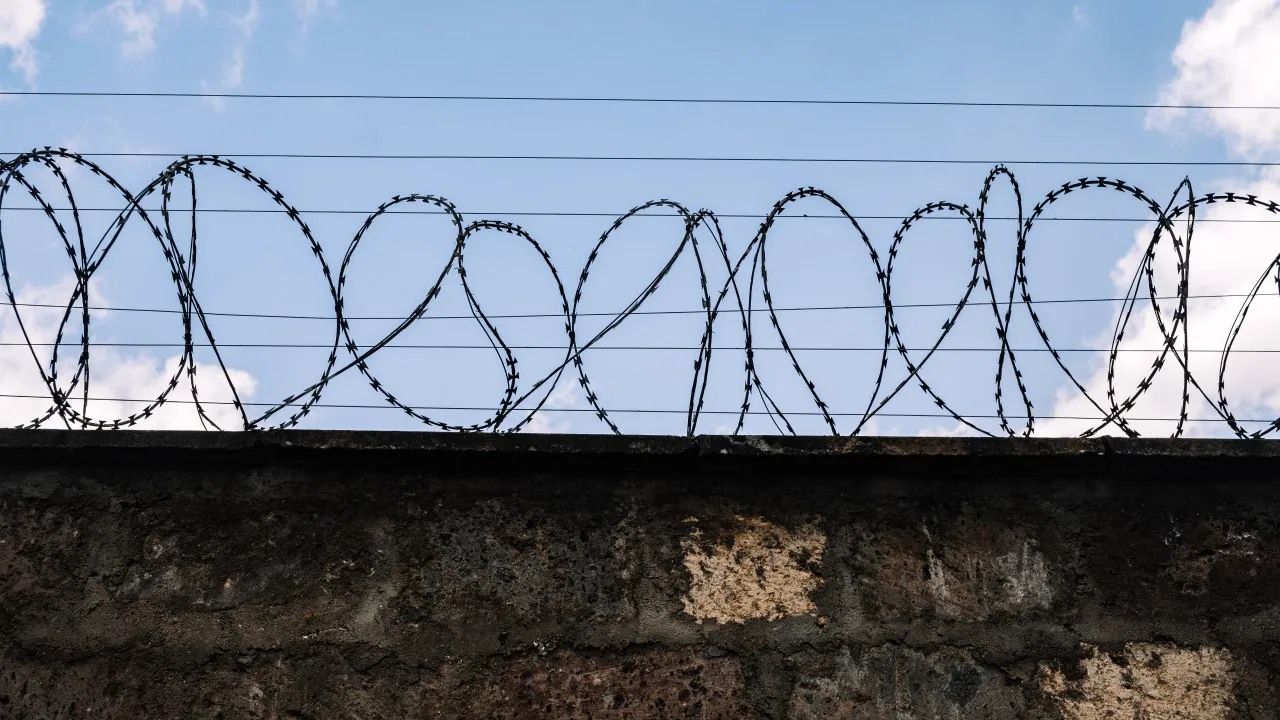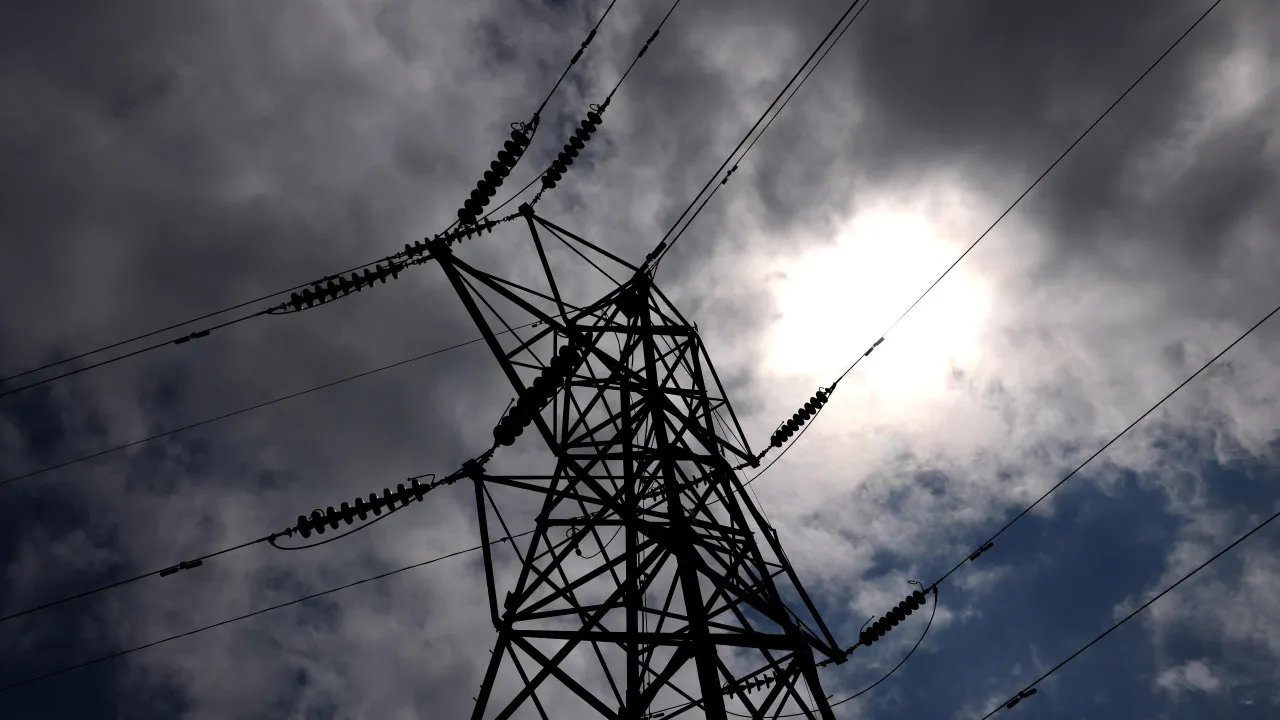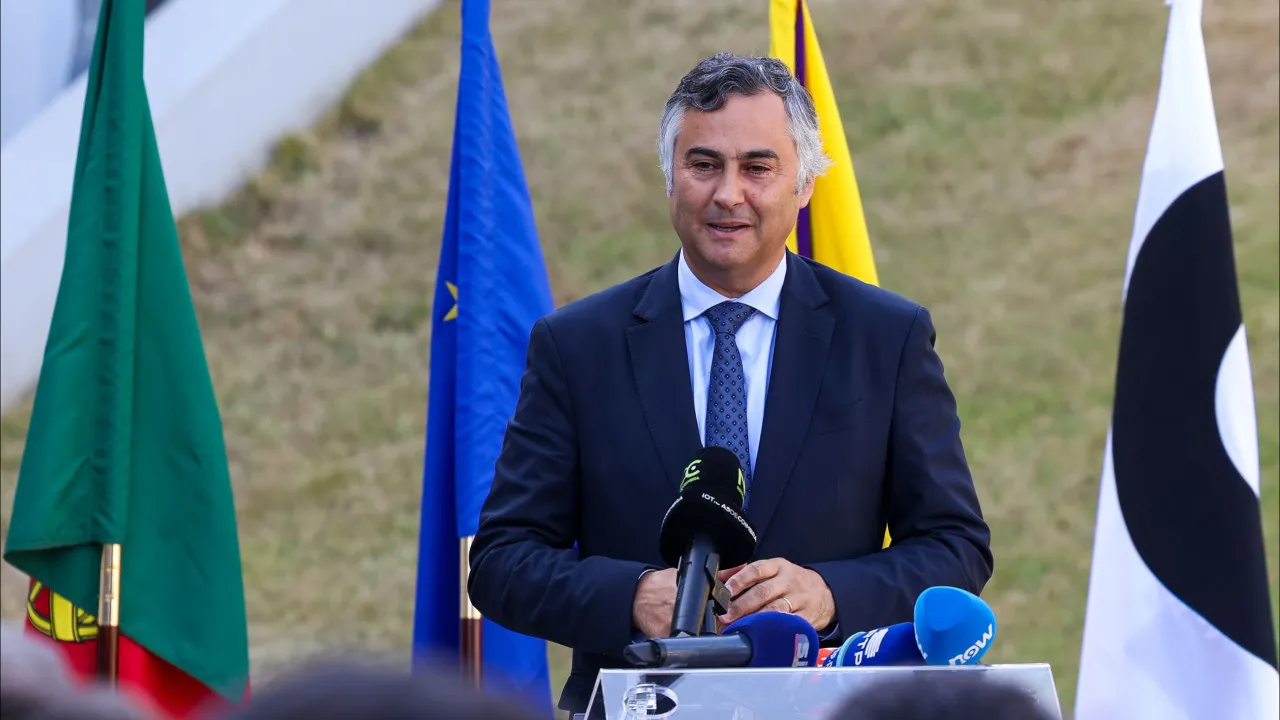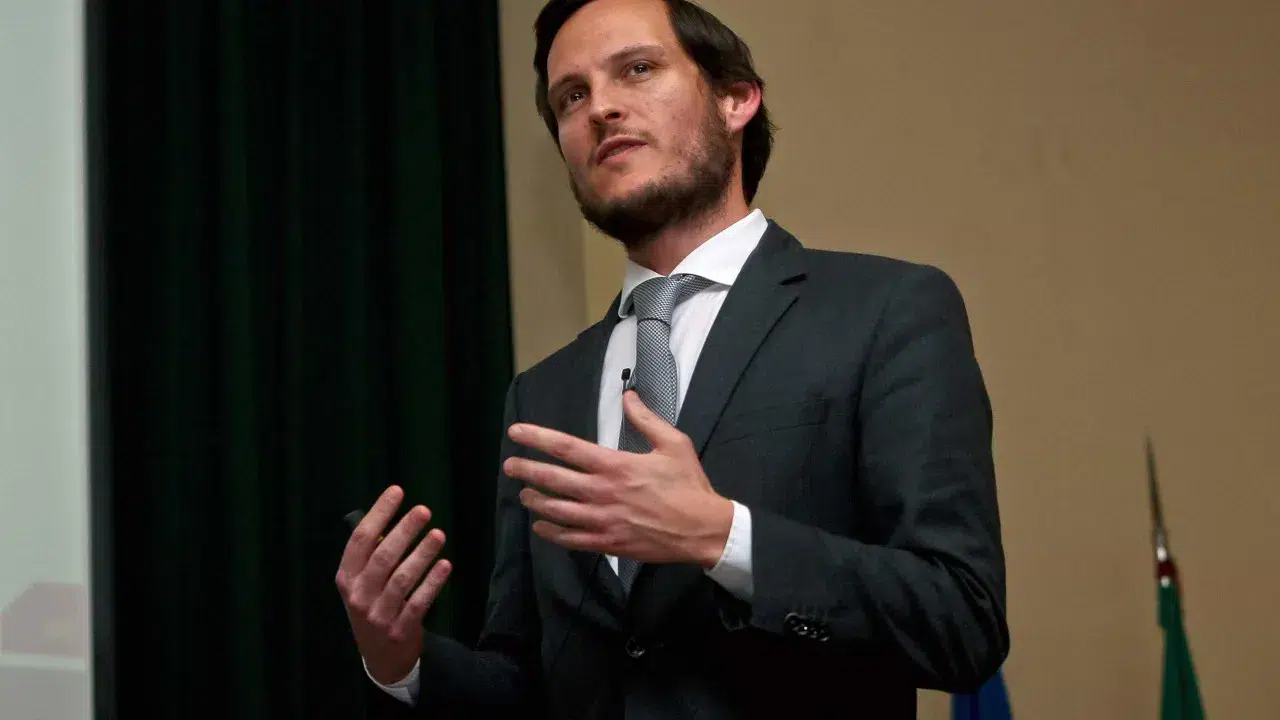President of the Association of Ukrainians in Portugal stresses that landlords are demanding several months’ advance rent and denounces delays in granting permits to stay in the country.
The difficulty in accessing housing, with landlords demanding several months’ rent in advance, and the delay in granting residence permits in the country are the problems that most affect Ukrainian refugees in Portugal.
“The first problem is housing. It’s a serious problem. Although many houses were initially offered by private companies, by the town halls and councils, we realized that private companies can’t hold on to people for long, because we are facing rising prices and inflation,” Pavlo Sadokha, president of the Association of Ukrainians in Portugal (AUP), told Lusa news agency.
Part of the Ukrainians who sought refuge in Portugal after the Russian invasion on February 24 have returned to Ukraine since the beginning of the summer when the country managed to liberate some cities and stop the advance of the Russian troops.
However, with the mobilization of Russia in recent months, this return has stopped and, although there are no new flows of refugees to Portugal at the moment, nothing can attest that they will not happen again, he acknowledged.“At the moment, we do not feel a new flow of the migrants to Portugal, which does not mean that it will not happen, because the situation in Ukraine is not easy and it is possible that new waves will come,” he admitted.
In October, Russia stepped up its offensive and began new massive missile strikes, which destroyed almost half of Ukraine’s energy system.
The information that reaches the association, formed in 2003, is that the Ukrainians on the ground are prepared to continue to resist the Russian invasion, which completes one year this month: “They do not show any desire to take refuge at the moment, which does not mean that the situation cannot change, depending on the development of the war in Ukraine.
Pavlo Sadokha makes a positive balance of the integration process of the first waves of Ukrainians who arrived in Portugal last year, despite the persisting problems.
What stands out the most is the difficulty in renting a house. Although there is a rental support project, “it doesn’t work very well in all parishes, all over the country,” according to the association leader.
The refugees are also faced with the requirement of the contract, guarantors and advance payment of rents. ” These Ukrainians don’t have any, because they came without money and haven’t earned enough to have some funds to pay the down payment,” he specified, noting “serious” legal and market problems.
“They no longer ask for two rents, as usual. They ask for three, four and there were even some cases, in Coimbra, where they asked for six, seven months’ rent in advance!”, Sadokha exemplified, warning that this is “an amount that is impossible for refugees” and the source of the main problem they face in Portugal.
In the hierarchy of difficulties follows, according to the same source, the delay in granting residence permits.
“That’s also what we’ve felt lately, in the last six months, for legal support and for refugees who ask us for help. There are processes that take three, four months, and in those three, four months, people can’t even start working, because they don’t have data yet, nor have support from the National Health System. This is an issue that concerns us”, he stressed.
But there is also a “third and serious problem,” in the assessment of the president of the AUP: the psychological state of these people, caused by the stress of war and the uncertainty of not knowing if they will ever be able to return or if they will have to remake their professional lives in Portugal. “This blocks them,” he assured.
The blockage ends up having emotional and social consequences, interfering with the learning of Portuguese, despite the immense offer of classes that exist.
“The first shock of fleeing Ukraine has passed and now they are facing the reality of the uncertainty of what they have to do (…). We saw that most Ukrainians, even those who already have jobs, have not yet left that state of uncertainty. And we even noticed this, for example, in the learning of the Portuguese language,” said Pavlo Sadokha in an interview with Lusa, during which he expressed himself “very satisfied” with the position of the Portuguese before the conflict.
Even with the initial wave of donations dwindling, the Portuguese continue to mobilize when the situation worsens, as was the case with the attack on the energy system in Ukraine, he assured.
“There were people who came together to send generators and clothes. I really appreciate the support of the Portuguese. Public opinion is very important in influencing the decision of politicians. Without the support of Europe, Ukraine would not have lasted until now,” he said.








